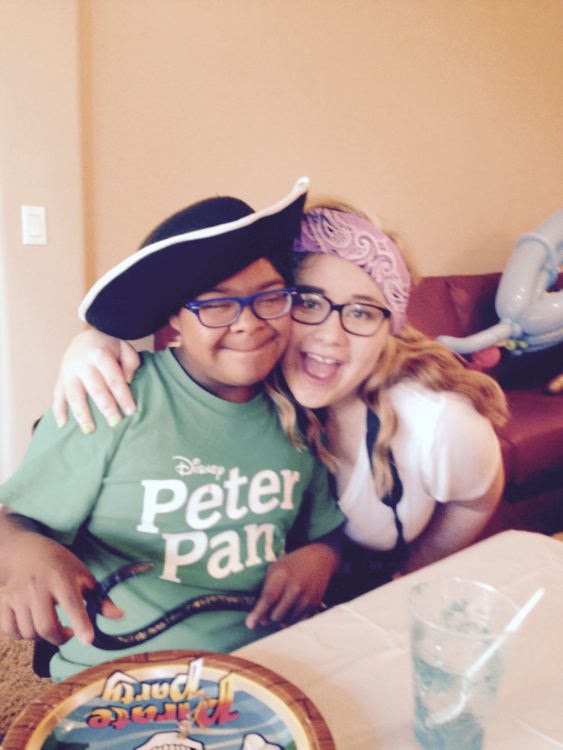To the Parent of a Child With a Disability: Don't Doubt Yourself
Editor's Note
Any medical information included is based on a personal experience. For questions or concerns regarding health, please consult a doctor or medical professional.
I want you to be empowered!
You the parent of a child with a disability — I want you to feel confident that you are the expert in the room!
I don’t want you to doubt yourself!
I want you to feel strong that you are the voice of your child!
You are the CEO of your child and all of his/her life successes and challenges!
Have you ever had a person come up to you and say, “You need to discipline that child.” Does any child ever want to have a melt down? Is their body reacting to the loud music, overstimulation, or fatigue? Does your child with a disability want to be overwhelmed? They do not. Do not listen to strangers who have no expertise or kindness. Don’t trust that so-called “expert.”
Have you ever been to a doctor who said, “ I am very experienced in this field.” You go over blood results together and he says, “The TSH level is fine at 6.5.” You think to yourself, “that doesn’t sound right?” But OK, he said he’s the expert. You go home to research, and people with Down syndrome should have a TSH level of under 5.0! (Actually under 3.0 is even better!) Don’t trust that so-called “expert.”
Have you ever gone to an individualized education program (IEP) meeting and they say to you, “We are the experts in education, we’ve got this.” You try not to argue and what they are saying sounds reasonable. You try not to question them too much, you don’t want to cause any waves or hurt feelings. You check back two weeks later and the teacher gets very upset and says, “I am trying but it’s not working. He isn’t trying hard enough, he wont listen to me.” I ask, “How many kids have you worked with that have had Down syndrome before?” She says, “Several. Well, several in the building. OK, that was about 10 years ago.” Don’t trust that so-called “expert.”
Have you had someone say to you, “Inclusion is too hard.” Do they know that research proves inclusion is the best way to teach all children? That all children should be included as much as possible? That the neurotypical peers can learn empathy, kindness and patience by being in class with someone with a disability? That they will grow comfortable with them, go on to hire them, work next to them, live next to them, and hopefully be friends with them? Do not trust that so-called “expert”.
You and only you are the expert in the room — I want you to be empowered in that knowledge!
I want you to be strong.
I want you to stand strong in the idea that your child should be included.
I want you to stand strong in the faith that you know your child best.
I want you to stand strong that you know their passions and dreams best.
I want you to be empowered to stand strong in your vision for what their future can look like, and find those resources to get there!

Photo submitted by contributor.

